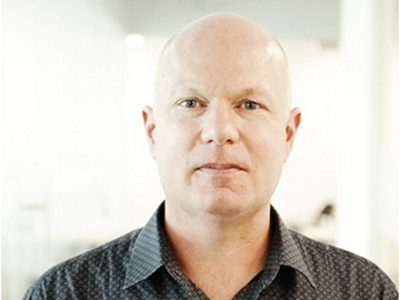
The Future Cities Laboratory (FCL) began its second phase (2015–2020) with an informal «Open House» in November 2015. A large crowd gathered at FCL in Singapore to hear an overview of the new research programme and to talk with project leaders and research team members. This new phase of the programme features 12 research projects organised around three «scenarios»: High Density Mixed-Use Cities; Responsive Cities; and Archipelago Cities.
It is an ambitious programme of research in two major respects.
First, it is designed to tackle global phenomenon such as urbanisation and sustainability, from the perspective of Asia and Singapore’s unique position in Asia. Singapore successfully urbanised in the period from 1965, when it became a Republic, to now, when it is almost fully urbanised. From now until 2050, the majority of the world’s urbanising population will be in the region around Singapore, spanning India, China and Southeast Asia (1.4 billion people). However, the process here will be vastly more complex, lengthy and threatening than it was in Singapore.
The populations in the region around Singapore cannot urbanise in the same resource-intensive manner as western countries did during the 20th Century. This would exceed the biophysical capacity of the planet several times over. Singapore is in a unique position to take the next step in delivering high quality, high density urban environments in its own right, and simultaneously, offering leadership in the wider Asian region on developing and promoting sustainable pathways for urbanisation.
The second ambitious feature of FCL’s programme is its focus on transdisciplinary research and design. The twelve different research projects of FCL draws on the experience and expertise from the D-ARCH, D-GESS, D-BAUG at ETH Zurich, EPFL and partner universities such as the National University of Singapore (NUS), Nanyang Technological University (NTU) and Singapore University of Technology and Design (SUTD).
This diverse team will focus on ways to increase urban density while improving resilience, environmental sustainability and liveability. It will address the need for integrated planning that harnesses the full power of information technology appropriate to their large scale and complexity. This involves engaging diverse city-makers: government, industry, academia, and civil society. Finally, the FCL research team will actively generate ideas urgently needed to guide the urbanisation in Asia.
Prof. Dr. Stephen Cairns, Programme Director, Future Cities Laboratory (FCL)